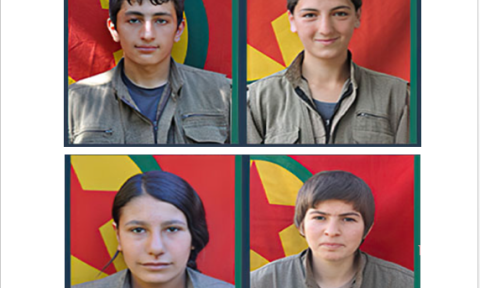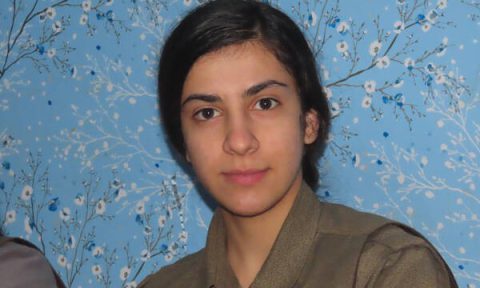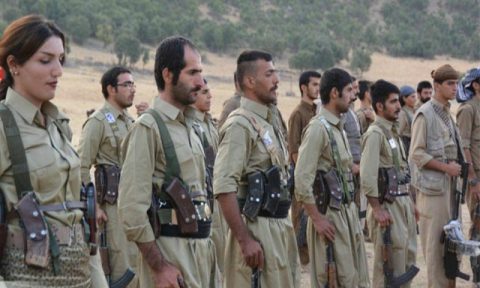As you have read in my last article Damascus repaving the ground for its return to North-East Syria, the legitimate Syrian government is regaining popularity amongst the population of North-East Syria. Big ideological differences between the PKK-affiliated PYD and the local Arab majority are taking its toll on the long run. Discontment among the local population is growing, and the people want its leader; Bashar al-Assad.
The US military – whose presence in Syria is NOT authorized by the Syrian government – accused Russia and President Bashar al-Assad of attempting to leverage discontent among Arab populations in eastern Syria to undermine Kurdish-led authorities affiliated with the SDF (Syrian Democratic Forces). The SDF is backed by the US coalition.
A Pentagon Inspector General report released on Wednesday cited CENTCOM as saying that unspecified “state actors in the region” were pressuring civilian populations “to realign and renounce support for the SDF.”

“The relationships are strained further by ethnic rivalry, poor security conditions, particularly in Deir ez-Zor, perceptions of neglect, and accusations against the SDF of heavy-handed security actions,” the inspector general report reads. Conscription has also been a point of contention between the SDF and local populations
“The Assad regime, Russia and Iran all have efforts to try to influence some of the Arab tribes on the SDF side of the Euphrates River in Deir ez-Zor,” said Nicholas Heras, head of the Middle East Security Program at the Institute for the Study of War.
US officials have long pushed the Kurdish-led authorities toward greater ethnic inclusivity in decision-making. But CENTCOM and the US Defense Intelligence Agency gave conflicting accounts in Wednesday’s report on just how politically open the SDF and autonomous administration have actually been in recent months.
The Defense Intelligence Agency told the inspector general that Kurds still control the positions of influence in northeast Syria. The agency also said the SDF and the SDC continue to show “unwillingness to share power with Arabs, even in the Arab-majority
regions of the northeast where Arab fighters probably represent a majority of the SDF’s front line forces” such as Deir ez-Zor.
The SDF is no closer to an agreement with the Assad regime, according to Wednesday’s report, in part because the United States has sought to disincentivize the Kurdish-led body from making any deal with Damascus that would relinquish control of the lucrative oilfields of Deir ez-Zor, a prize the US military has continued to help to defend. Washington aims to keep Syria’s natural resource wealth out of the Syrian government’s hands as leverage toward a favorable political settlement to the conflict.










